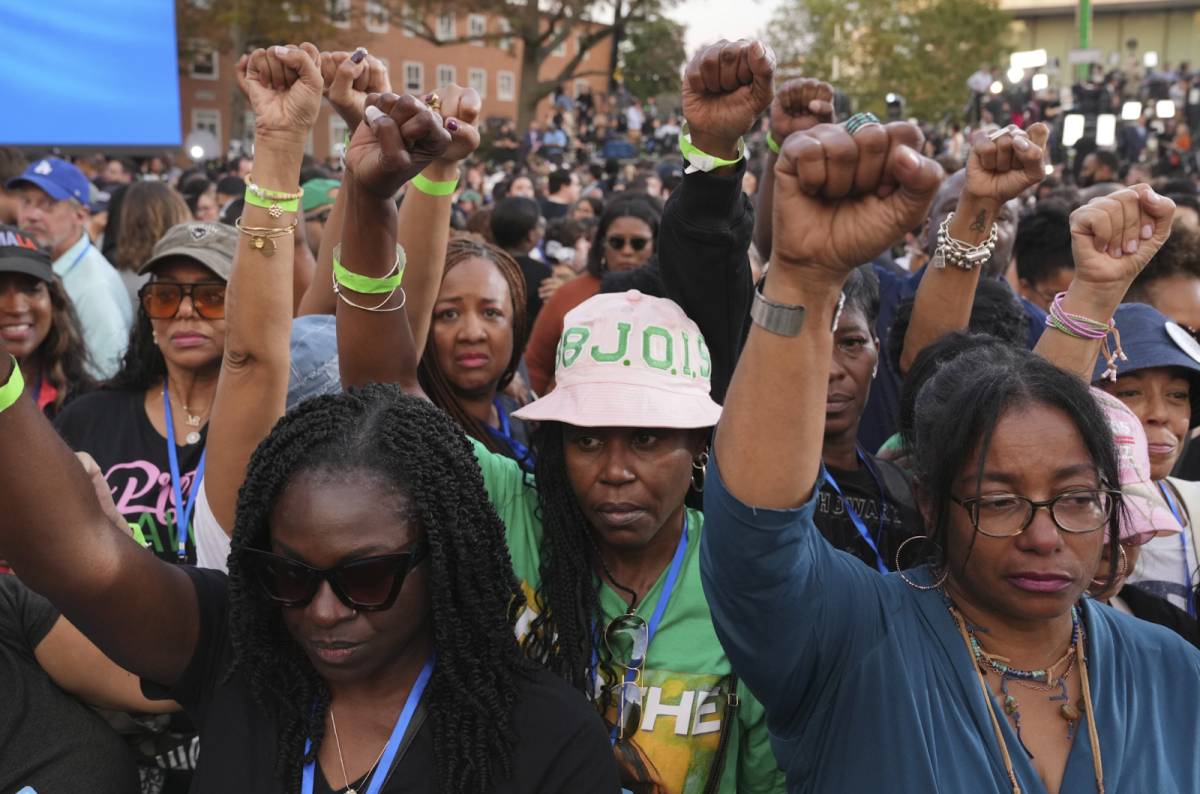I think we can all agree that middle school sucks. Kids are undergoing rapid changes in a world that doesn’t slow down. Young teenagers have to deal with puberty, increased academic and extracurricular pressures and unpredictable moods. They’re exposed to thrilling ideas and devastating truths. They begin to question their place in their family and friend groups, their purpose, their interests and their sense of self. They push boundaries and make impulsive decisions. They begin to notice the differences between themselves and others, and evaluate their self-worth based off of perceived flaws and hierarchies.
Many middle schoolers begin to struggle with depression, anxiety and low self-esteem. In short, the early teenage years are full of confusion, disorientation and vulnerability.
When I was in middle school, one of my biggest desires was to lose weight. Looking back now, I realize that my perception of myself was totally skewed. However, at the time, I couldn’t see past the intense discomfort I was experiencing. I constantly compared myself to others. My self esteem plummeted as my desperation to fit in grew more intense. I began to dip my toe into dangerous waters, not realizing that I would be completely pulled in four years later.
I was the perfect target for Weight Watchers’ new summer program for teenagers, a six-week-long membership with parental approval. Like many of my peers, I was insecure, self-conscious and high-strung. I would have jumped at the chance to get “free” weight loss help, sacrificing everything else in the process.
Science doesn’t lie — diets don’t work for many different reasons. When someone puts their body into a state of negative energy consuming fewer calories than they are burning, their hunger and satiety cues become out of sync, which can ultimately trigger binge eating and other disordered behaviors. Your body needs food from all categories to function properly, including carbohydrates and fat. Trying to outsmart the body by controlling food intake rather than practicing intuitive eating is disordered in and of itself.
As demonstrated by the infamous Minnesota Starvation Experiment, negative energy states can lead to obsessive thoughts and behaviors surrounding food intake. It’s no surprise, then, that 35 percent of dieters become pathological dieters, and 20-25 percent of those who diet pathologically ultimately develop a sub- or full-threshold eating disorder, according to the National Eating Disorders Association. Disordered eating behaviors are dangerous and can be deadly for people of any size, and so they should never be encouraged.
Encouraging vulnerable teenagers to diet is dangerous. Even if they don’t develop full-blown eating disorders, dieting cultivates body dissatisfaction, low self-esteem and poor relationships with food. It doesn’t matter if it’s labelled as a “lifestyle change” or a “cleanse.” Reducing caloric intake for the purpose of losing weight is a diet — period.
Teenagers are particularly likely to struggle with self-esteem, body-dissatisfaction and disordered eating. Weight Watchers knows this, and they will benefit from teenagers’ self-hatred, just as they have been benefiting from diet-culture and self-hatred since their inception. Since many parents don’t understand the risks of dieting, Weight Watchers’ “parental approval” requirement does not ensure that vulnerable teens are kept safe from the dangers of dieting.
If a teenager is really struggling with weight or food concerns, the best course of action is to consult a registered dietician that specializes in non-diet approaches that can help aide the teenager in the development of intuitive eating practices. Dieting has the potential to lead to a lifelong battle with one’s self. It’s just not worth it. If you’re interested in learning more about eating disorders, dieting, intuitive eating principles and non-diet approaches to food and weight, I’d suggest visiting neda.com and intuitiveeating.org.














